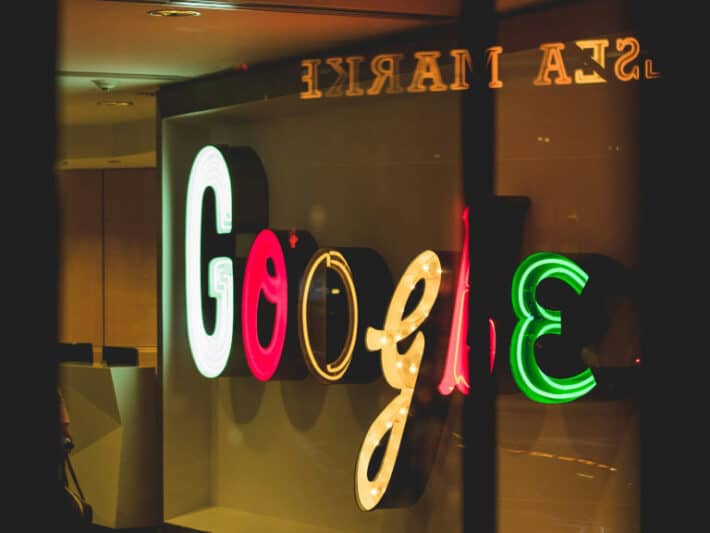Google’s AI Ethics Playbook Just Got a Quiet Rewrite—And It’s a Big Deal

Hey, did you hear that? That was the sound of Google casually erasing a few lines from its AI ethics rulebook. No biggie—just the part where it promised not to use AI for, you know, weapons and surveillance.
In a move that flew under the radar (because they didn’t exactly shout it from the rooftops), Google recently updated its AI Principles, removing the explicit ban on using AI for “weapons” or “surveillance that violates internationally accepted norms.” In plain English? That promise to keep AI out of the military-industrial complex just got a little fuzzier.
So, What Exactly Changed?
Google first introduced its AI Principles back in 2018—after a bit of a public meltdown over Project Maven, a Pentagon-funded AI project that Google employees protested. At the time, Google assured everyone that it wouldn’t let AI be used for “weapons or other technologies that cause harm,” and that it would steer clear of AI for “surveillance that violates internationally accepted norms.”
Fast forward to now, and that language? Poof. Gone. Instead, Google’s new wording is a lot more… flexible. It still says it won’t build AI “intended to cause harm”, but there’s a lot more wiggle room in how that gets defined.
Why This Matters
Look, AI is already being used in some pretty sketchy ways—facial recognition, predictive policing, and automated decision-making that disproportionately affects marginalized communities. Removing clear bans on surveillance and weapons applications makes it even easier for companies (and governments) to push the boundaries.
Sure, Google says it will still “carefully evaluate” military contracts. But let’s be honest—when a tech giant starts tweaking the fine print, it’s usually not for less business with big-money clients.
The Bigger Picture
Google isn’t the only one blurring the lines. Microsoft, Amazon, and other AI powerhouses are all knee-deep in government contracts for AI-driven defense, cybersecurity, and surveillance. The difference? Google was the one tech giant that originally drew a line in the sand. And now, that line is looking pretty smudged.
For small business owners, this probably won’t impact your day-to-day—but it’s a sign of where the AI industry is headed. Transparency and ethics in AI aren’t just about what tech can do, but what companies choose to do with it. And when one of the world’s biggest AI players quietly loosens the rules, others tend to follow.
So, is this Google simply adapting to the realities of an AI-driven world? Or is it a convenient way to open the door for more government contracts while keeping PR headaches to a minimum?
Time will tell. But for now, let’s just say Google’s AI ethics policy is looking a little more… negotiable.

